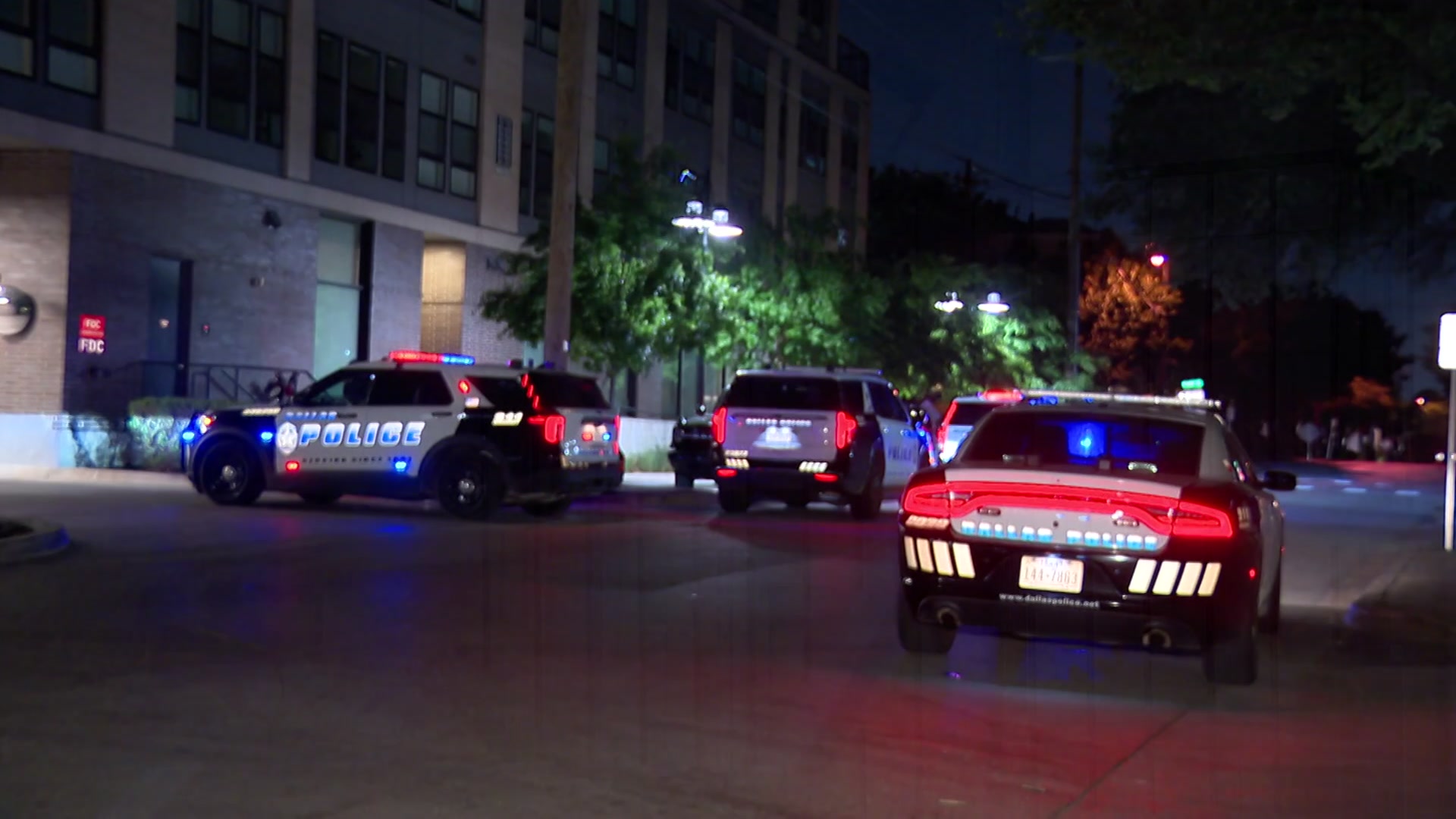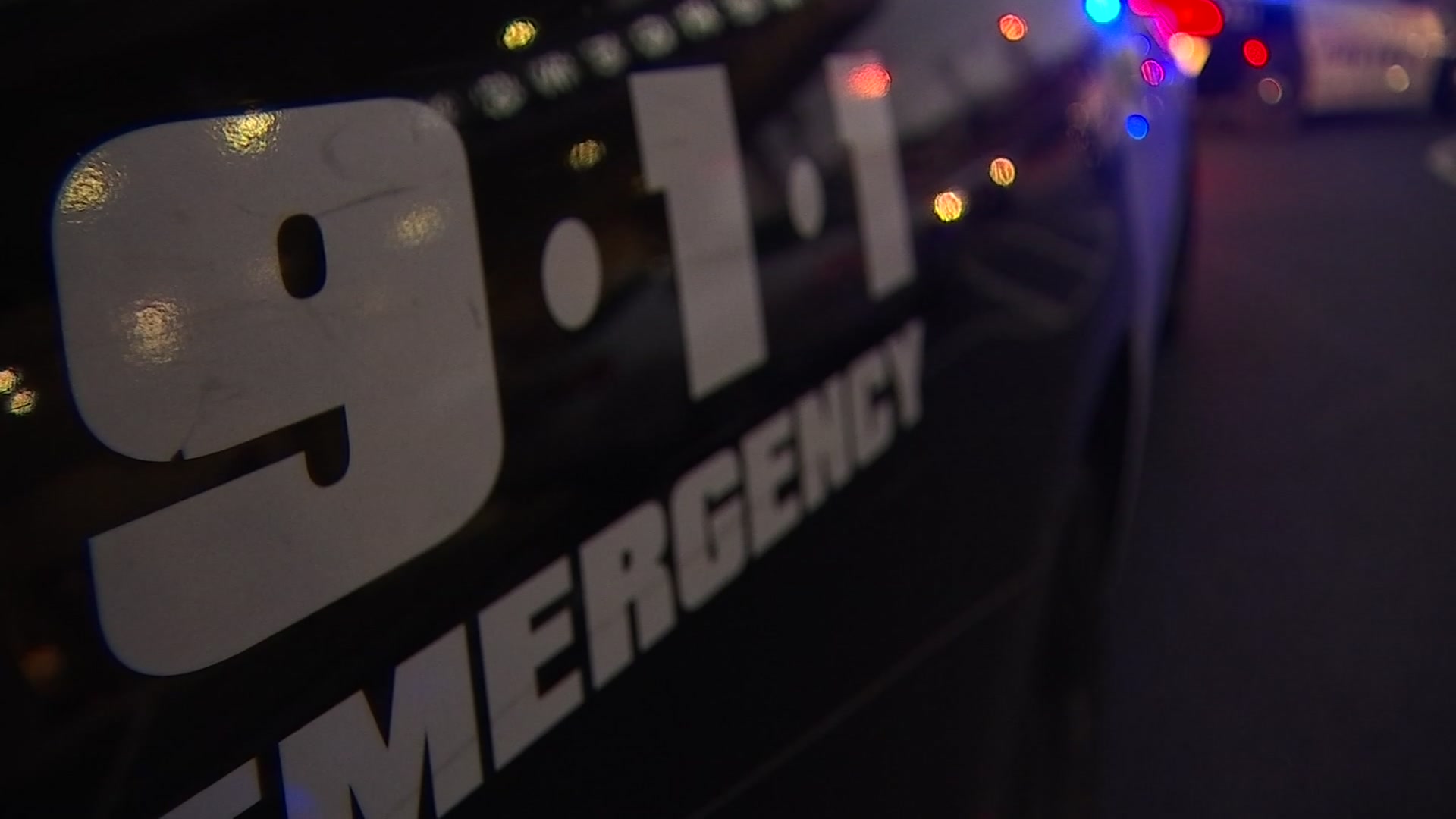Two billboards along Dallas highways are sparking heated controversy across the country. They both deal with abortions in the African American community but they have very different messages. NBC 5 spoke to people from both sides of the issue.
The comments are coming in fast and many are furious, at the Afiya Center in Dallas, which calls itself a reproductive justice group and offers services ranging from helping women with HIV, to supporting those going through abortion.
"We wanted to create conversation,” Executive Director Marsha Jones said. “I will be honest and say in a million years, I didn't think that it would be this visceral."
She’s talking about reaction to a billboard posted along I-20 -- that says: "Black women take care of their families by taking care of themselves. Abortion is self-care."
That phrase has sparked widespread backlash from across the country, causing Jones to clarify what her organization meant.
"That billboard was never to promote abortions in any kind of way,” Jones said. “It was to affirm women who've had abortions. It was an opportunity for women who've had those abortions to say, this is what I needed to do for me, in order to be whole."
And, she says, it was a direct response to another billboard, posted a month earlier on I-75 in Pleasant Grove. That one reads: "Abortion is not healthcare. It hurts women and murders their babies."
Local
The latest news from around North Texas.
"We're providing an alternative voice that needs to be heard within the black community," said Dallas Pastor Stephen Broden.
He and the Black Pro-Life Coalition are behind the original billboard, sparked by statistics showing higher numbers of abortions in the black community than other racial groups.
"We want to bring this kind of information to the community," Pastor Broden said. “Our design is information, education and activation.”
Texas Health and Human Services data supports that finding in Dallas County.
But back at the Afiya Center, Jones says there is much more to the picture.
"Not just catching us going in and out of the abortion clinic, but all of the things in our lives that bring us to that point," said Jones.
Now she's hoping this moment will bring about the difficult conversations she says her organization has always sought.
"It is time for this narrative to change," Jones said. “We have to have these conversations. They’re not comfortable, the rub is like ahh. But we’re OK with it.”
The Afiya Center is working on a new campaign to better explain their message, and planning a community meeting that Jones says will focus on healing.



